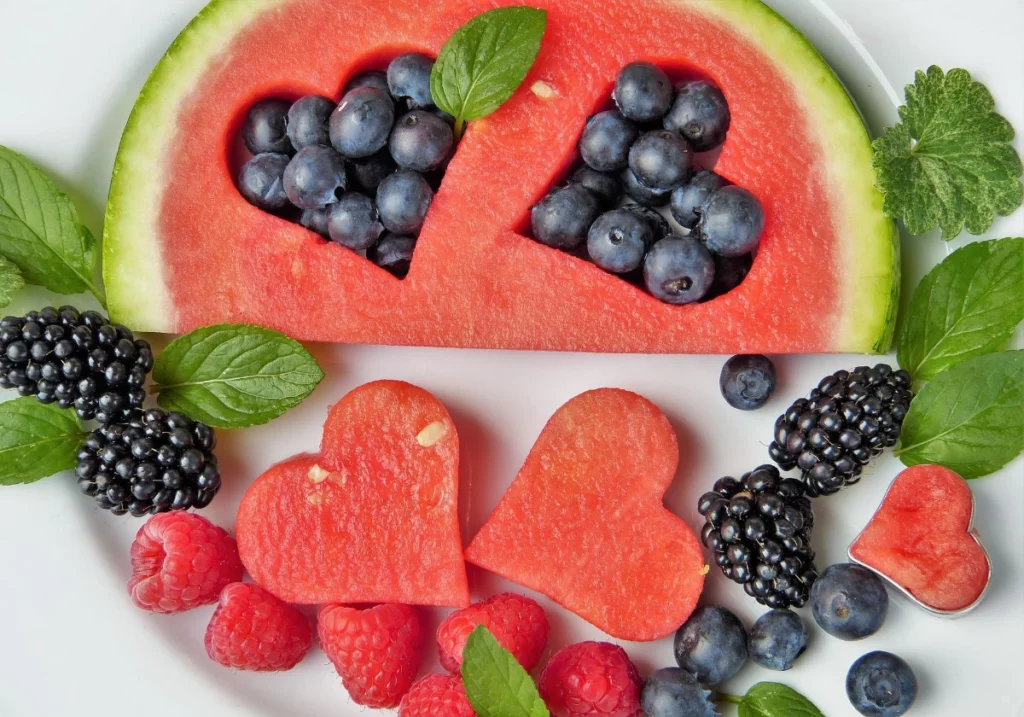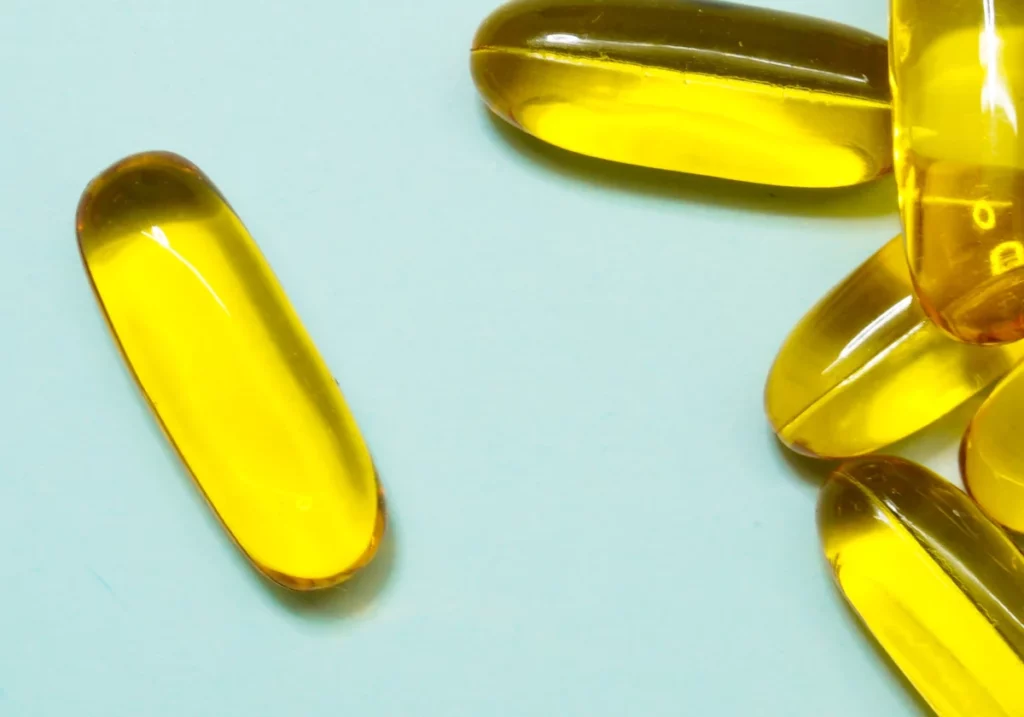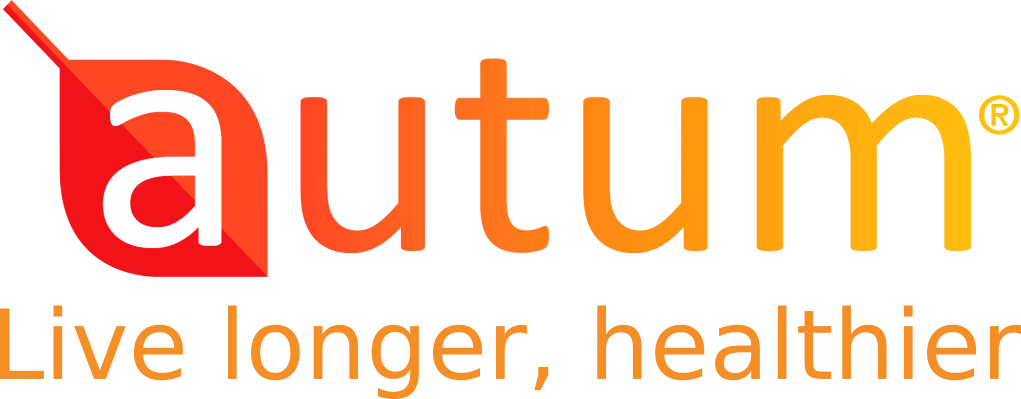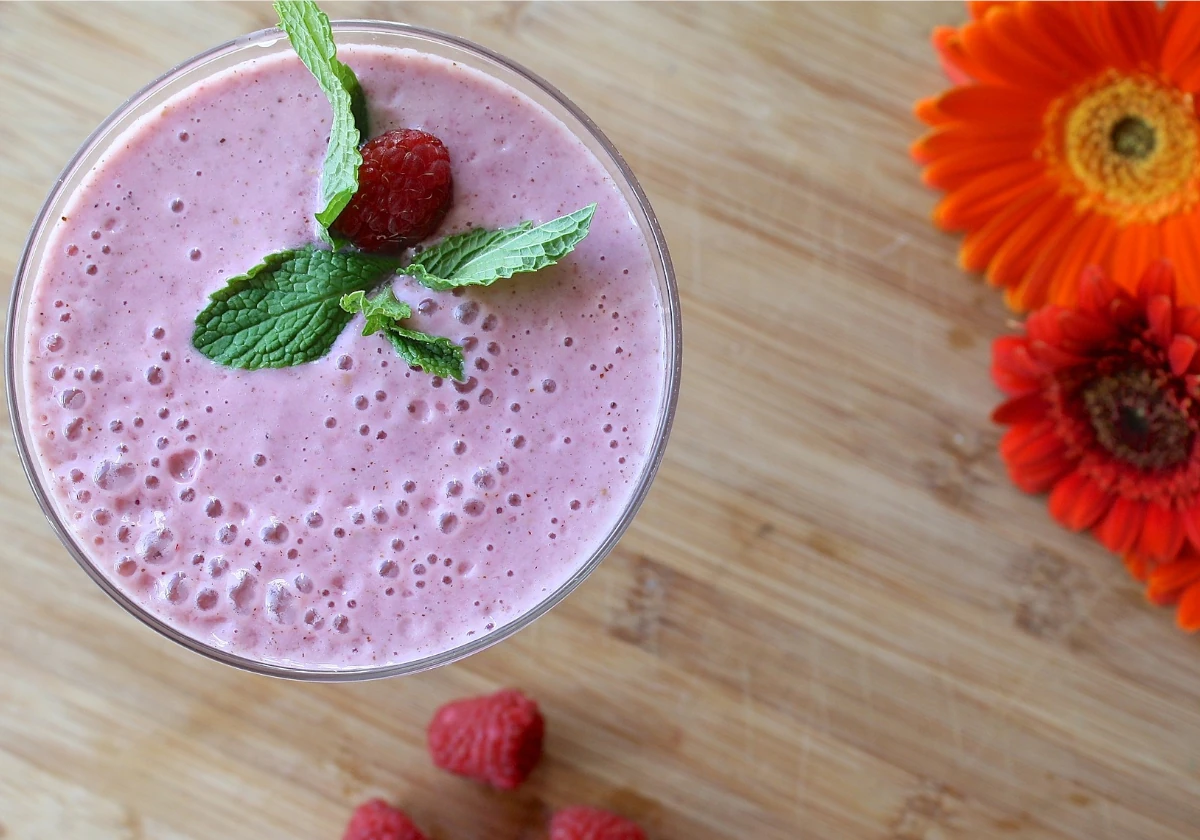Healthy eating: it’s something that most of us have a bit of a love-hate relationship with as adverts and internet experts constantly pedal their latest ‘superfoods’ and ‘one-pill-fixes’. With so many quick fixes and magic foods being stuffed down our throats, it can be hard to tell which ones are worth their salt. But fear not, here’s a quick guide to help you tell which food trends are the cream of the crop and which are best left on the shelf.
First of all, we need to understand what our bodies need and where we get it in our diets. For a comprehensive look at each vitamin and mineral, visit the NHS website here. For a simpler whistle-stop guide, though, stick with us!
Vitamin A
- What it’s good for: Promoting healthy skin and vision, while keeping your immune system fit and fighting.
- Where it comes from: dairy products, oily fish and eggs. Liver is a good source, too!
B Vitamins
- What they are good for: There are many B vitamins but, essentially, they just help to release energy from the food we eat. They also make sure the immune system is running smoothly and help to keep your skin, blood and nervous system healthy.
- Where they come from: As a general rule, none need anything special to be included in your normal diet. Wholegrains, nuts, pulses and plenty of fruit and veg should give you all you need!
Vitamin C
- What it’s good for: Vitamin C keeps cells healthy and promotes healing, helping your body’s regenerative powers run like a well-oiled machine.
- Where it comes from: Citrus fruits, berries and potatoes.
Vitamin D
- What it’s good for: Keeping bones, joints and muscles healthy and protecting against illnesses like Ricketts.
- Where it comes from: Direct sunlight in the spring, summer and autumn. Otherwise, oily fish, red meat and egg yolks. Fear not, though, non-meat eaters, fortified cereals and spreads are excellent alternatives.
Vitamin E
- What it’s good for: Strengthens your skin, eyesight and the immune system.
- Where it comes from: Plant-based oils, nuts and seeds.
Vitamin K
- What it’s good for: Vitamin K is essentially for keeping your blood clotting normally and effects bone health.
- Where it comes from: Vegetable oils are also a great source of vitamin K as are leafy vegetables such as broccoli and spinach.

Superfoods and Supplements: Are they worth their salt?
And breathe. Now that the textbook part is over, onto the ‘superfoods’: are they really as extraordinary as brands make out? The simple answer a lot of the time: no, they’re not. That isn’t to say that they aren’t rich in certain nutrients, they just may not be as much better than other less-glamorous options.
The berries – acai, goji and blueberries, for example – are proven to be packed full of antioxidants, which is great, but eating them won’t magically give you perfect health. The truth is, despite claims that these berries may lower cholesterol or have anti-aging properties, this group of ‘superfoods’ is still under research. In fact, these berries aren’t proven to do much beyond providing the same health benefits as other fruits.
Another superfood export of South America is the chia seed. While they boast much higher levels of antioxidants – yep, there’s that buzzword again – and omega-3 than other foods, proof around their other claimed health benefits is few and far between. On top of this, the omega-3 derived from the chia seed is harder for the body to absorb compared with that of oily fish. Now, that’s not to say that chia seeds aren’t a brilliant substitute for those among us who don’t like eating fish – you’ll just need to eat a lot more of them to reap the same benefits.
Finally, lets take a look at somethings a little closer to home. Just because they aren’t as exotic as Acais and Avocados, doesn’t mean that plain old Kale and Beetroot aren’t still massively popular superfoods. Kale, for instance, is pretty average when it comes to its nutritional value compared with other veg. Though it does pack a hefty amount of Vitamin B6, it loses out to other vegetables in other nutrients.
Beetroots, too, are unremarkable nutritionally – where it does shine, however, is in its nitrate richness. This is another buzzword bandied around a lot and, while it certainly does have some health benefits like helping lower blood pressure, the amount you’d need to eat for it to have a significant effect would almost certainly do more harm than good. Not to mention, again, that other fruit and vegetables practically do the same thing!

Nutritional supplements
On the flip side of the healthy eating craze we have artificial made supplement products. Protein shakes and meal replacements are the fashionable face of the supplement foods, but what are they good for?
Provided you can get past the strangeness of drinking an entire meal, they can be handy with weight loss. Meal replacements tend to be low in calories meals, are usually packed full of vitamins and are convenient substitutes to cooked meals if you haven’t the time to cook properly.
Now, that sounds ideal, right? There are a few caveats though; these foods are often packed full of sugar which poses a risk to diabetics and are massively artificial meaning that allergens in the products can sometimes slip under our noses. Whey protein, for instance, is derived from cow’s milk and so isn’t suitable for those with lactose intolerance.
At face value, the benefits of taking vitamin supplements are simple – they can help top up any vitamins which are lacking from your diet or which are needed to treat certain conditions. In the winter, for example, our bodies tend to be exposed to less direct sunlight and so they are unable to produce enough vitamin D on their own. It’s perfectly healthy, then, to top up your daily intake of the vitamin!
That’s not to say, however, that taking vitamin supplements on top of a balanced diet will necessarily make you healthier than going without – in fact, it may even do more harm than good. Consuming more than your recommended daily intake of the B vitamins, for instance, can lead to a number of side-effects ranging from a stomach upset to a loss of feeling in the arms and legs or liver damage.
So, all in all, are superfoods and supplements a cheat’s way to perfect health? No. But are they a complete waste of time and money? Also no. The truth is, like everything in life, healthy eating is a balancing act. There are tonnes of brilliant ways that can help you get your body everything that it needs, but the trick is to remain mindful of what nutrients you’re already getting from your diet.
To help us make Britain one million biological years younger take our autum Lifescore calculator to determine your biological age and use our autum app on Android or IOS to help improve your biological age today!
If you enjoyed Supplements and ‘Superfoods’: The Good, the Bad and the World of Healthy Eating, you’ll find more content like this over the coming months on the autum blog.
Images: Supplements – Leohoho on Unsplash; other images Pixabay.

Writer and editor with 20 years experience in digital and print media. Tip-toeing into the next stage of life with grown-up kids and the opportunity to do something new.


